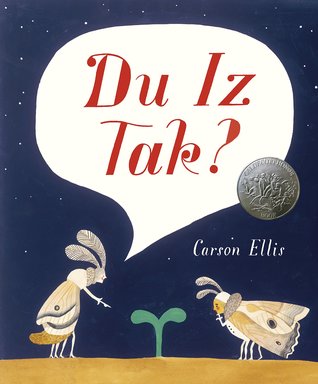I have a love/ hate relationship with university graduate capabilities statements. You know, those ubiquitous institutional claims about the attributes of their graduates, and the skills, knowledge, values and dispositions their degrees impart. For example:
Our students will enter a globalising world of major environmental change and resource constraints, of scientific and technological advance and ethical challenge, of continuing political instability and possible international conflicts, of unlimited creativity and increasing social surveillance … We considered the capabilities the University’s graduates would need to develop to address the challenges, and to be effective, engaged participants in their world.
What I love about them (other than their dystopian vision): they have been a fruitful source of research with colleagues as we have gathered statements from forty Australian universities from the 1980s to now. We have written about graduate attributes in relation to social inclusion, student engagement, and global citizenship. We have some further analysis in progress, focused on employability and international comparisons. I have enjoyed this research more than expected, not only because it was an excellent collaborative experience, but because it enabled us to consider questions about the purposes of higher education. (For those interested in a philosophical approach to this topic, I recommend a new blog by my colleague Mitch Parsell The Conflict of the Faculties).
What I hate about graduate capabilities: their uniformity across institutions, compliance for the purposes of constructive alignment, and proliferation across all levels of education. Like universities, my daughter’s primary school promises to develop lifelong learning and global citizenship. Even my son’s preschool promises to develop lifelong learning and global citizenship. I don’t think that captures the best of learning and teaching at any of those organisations.
I have been reflecting on a recent conversation with a self-described perfectionist. This colleague has nailed the planning our university performance review system asks of people: a 5 year plan, a 3 year plan, a 1 year plan. She knows what she needs to achieve this month, this week and today in order to meet her long-term goals. Being a less-than-precise planner (as I have previously posted, I am better at dreaming than planning), my heart started palpitating as she described listing three daily goals that align with her plans.
I started thinking about what my daily goals might look like, and I have realised they would be the same every day of the week: have an interesting conversation, spend some time outside, enjoy eating and reading.
So far today, I’m achieving my goals. I listened to an unkindness of Australian ravens from my balcony:
I read the introduction to No Friend But the Mountains over a delicious breakfast of strawberries, yogurt and muesli. More interesting conversations to come, but in the corridor this morning we have already ranged across reading to children, insects, death, memories and cleverness. (Put all of these together and you get Du Iz Tak? by Carson Ellis, which I read to a group of 3-5 year olds to celebrate Book Week yesterday).


If I were forced to align my daily goals with a long-term plan—and here you see I haven’t stopped talking about capabilities—I would use this list of competencies for performing life roles (adapted from Knowles, 1975):
| Roles | Competencies |
| Learner | Reading, writing, computing, perceiving, conceptualizing, imagining, inquiring, aspiring, diagnosing, planning, finding help, evaluating |
| Being a Self (with a unique self-identity) | Self-analyzing, sensing, goal-building, objectivising, value-clarifying, expressing, accepting, being authentic |
| Friend | Loving, empathizing, listening, collaborating, sharing, helping, giving of constructive feedback, supporting |
| Citizen | Caring, participating, leading, decision-making, acting, being sensitive to one’s conscience, discussing, having perspective (historical and cultural), being a global citizen |
| Family Member | Maintaining health, planning, managing, helping, sharing, efficient and effective buying, saving, loving, taking responsibility |
| Worker | Career planning, using technical skills, accepting supervision, giving supervision, getting along with people, cooperating, planning, delegating, managing |
| Leisure User | Knowing resources, appreciating the arts and humanities, performing, playing, relaxing, reflecting, planning, risking |
I like the integration of life roles here, especially the inclusion of family, friends and leisure and difficult-to-measure competencies such as imagining, getting along with people, being sensitive to one’s conscience, and loving.
my favourite post so far Agnes
LikeLike
Pingback: Too many papers | The Slow Academic
Pingback: Bird week | The Slow Academic